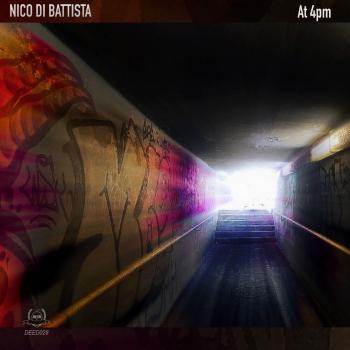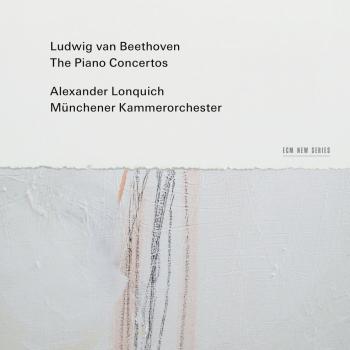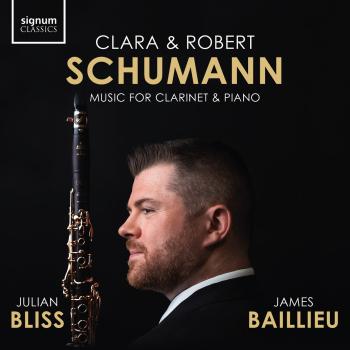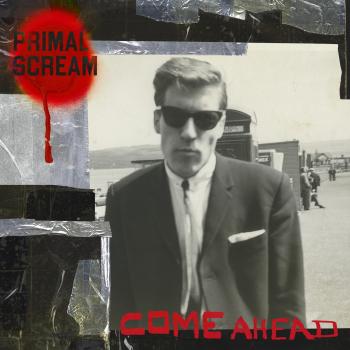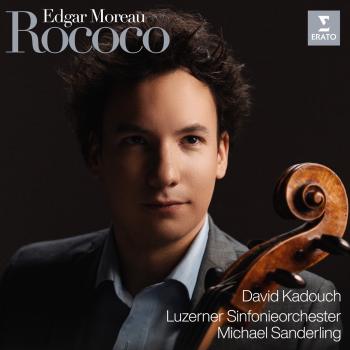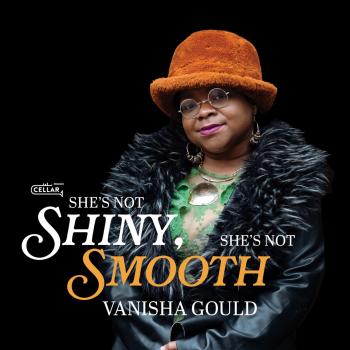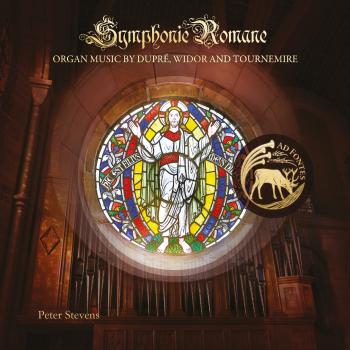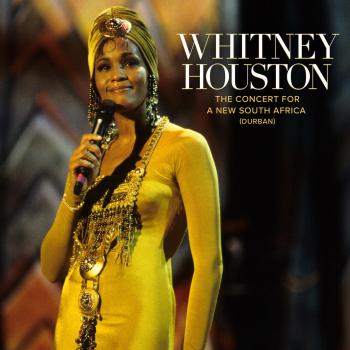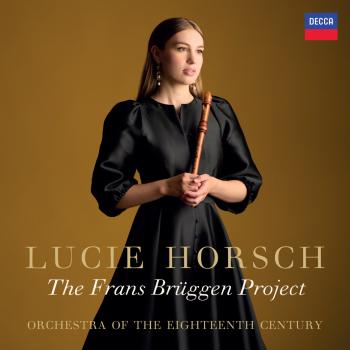
CELLO HEROICS Vol.3 - Saint-Saens Cello Concerto No.1 in A Gavriel Lipkind
Album info
Album-Release:
2011
HRA-Release:
29.02.2012
Label: Lipkind Productions
Genre: Classical
Subgenre: Concertos
Artist: Gavriel Lipkind
Composer: Camille Saint-Saens (1835-1921)
Album including Album cover Booklet (PDF)
- 1 Allegro non troppo 06:33
- 2 Allegretto con moto 06:00
- 3 Allegro non troppo 10:02
Info for CELLO HEROICS Vol.3 - Saint-Saens Cello Concerto No.1 in A
The Cello Heroics recording series aims to become an exhaustive anthology of the concertante repertoire for cello ('The Heroes of the Cello'), but also serves as a kind of touring diary of solo cellist Gavriel Lipkind. A carefully planned recording series wherein every composition is seen as a 'Hero', and each is celebrated as a stand alone production especially planned to serve the needs of that specific work.
In reviews of recordings by cellists Sol Galbetta in Fanfare 31:2 and Jamie Walton in 29:6, Jerry Dubins has said of the Saint-Saëns concerto that “in the best sense of the word, [it] really is a ‘fluff’ piece,” “all lightness and froth.” Heretofore I might have been inclined to agree, although my language would have been somewhat less forceful. What is most remarkable about this absolutely phenomenal performance is how firmly it puts paid forever to any such notions and makes this work to be a piece of considerable substance, both musically and emotionally. Instead of treating it as a tuneful virtuoso showpiece, both conductor and soloist treat the work seriously and invest great emotional gravitas into it; there is an almost Brahmsian sense of unspoken inner sorrow screened behind an exterior formal façade. Take, for example, the introduction of the lyrical second subject in the first movement, where the performers achieve a remarkable pathos by adjusting to a slightly slower tempo and scaling down the dynamics to almost a pianissimo . Similarly, the central Allegretto movement, instead of being played as an elegant gavotte as is the norm, is granted an almost confessional intimacy, while the finale is permeated by a deep wistfulness that at points brings to my mind that towering masterpiece of the cello literature, the Dvořák Concerto (another piece on which Jerry and I have a gentleman’s disagreement). The concerted tutti passages are played not for brilliant effect, but rather to underscore the intensity of the gossamer solo passages.
In sum, what makes this rendition so arresting and exceptional throughout is a constantly maintained sense of rapt Innigkeit— not a quality normally associated with this composer, but here undeniably present. A contributing factor is the resort to more expansive tempi; for example, whereas the much-acclaimed Ma/Maazel performance on Sony has movement timings of 5:06, 5:13, and 8:32, their counterparts here are 6:33, 6:00, and 10:02. The Ma/Maazel has long been my standby recording, but the Lipkind/Hermus team astonishingly makes that traversal sound comparatively superficial, something I never would have thought possible. Lipkind is obviously a very gifted artist with superior technical and interpretive resources in the right repertoire, and in this instance his three-year hiatus from concertizing to rethink and restudy the cello literature and retool his career (discussed at some length in the idiosyncratic booklet notes) has borne rich fruit.
With more than 40 recordings presently available, this concerto has hardly lacked for distinguished advocates—Du Pré, Fournier, Ma, Piatigorsky, Rostropovich, and Tortelier for starters—but this outing is the equal or superior of any of them, and has the advantage of warm, rich digital sound. The only caveat is the extraordinarily short disc timing. For unexplained reasons Lipkind is releasing all of his concerto performances as individual CDs, listing on Amazon for $14.05 apiece, whereas this performance could have been put together with his companion issues of the Schumann and Shostakovich concertos to create a single well-filled CD timing out at 80:36. Thus, to recommend purchase of this CD is indeed a counsel of extravagance; but if you pass it by you will miss out on a truly extraordinary and moving performance. Glowingly recommended. (FANFARE, James A. Altena)
'the result is a miracle of tonal beauty.' (Luister Magazine)
'Gavriel Lipkind proves that he is certainly the finest cellist playing today.' (Bernard Greenhouse)
Gavriel Lipkind, Cello
Sinfonia Varsovia Orchestra
Antony Hermus, Conductor
Recording Producer: Christoph Classen
Recording Engineer: Julita Emanuilow
Executive Producer: Gavriel Lipkind
Location: Witold Lutoslawski Concert Hall of the Polish Radio
Gavriel Lipkind, born in Tel Aviv in 1977, enjoyed an early stellar rise to international renown as a young cellist, before making the decision to question a predefined life and halt a predictable path. He decided to take a three-year period of retreat from stage life, during which he devoted himself to further studies and recording. An iconoclastic thinker, Mr. Lipkind’s work today stands for consistent thought and intrinsic musical inspiration without compromising quality — an almost unattainable goal in the life of performing soloists today. Being a genuine fanatic of musical detail and audio documentation, Mr. Lipkind has chosen a radical path of innovation in his profession.
Gavriel Lipkind plays a unique Italian cello labeled "Aloysius Michael Garani (Bologna, 1702)" estimated, however, to have been completed in the years 1670-1680. An enigma which has come to be known as "the Zihrhonheimer cello". The Zihrhonheimer Cello could become an inseparable part of Mr. Lipkind's music making thanks to the generous support of M. & D. P.
Booklet for CELLO HEROICS Vol.3 - Saint-Saens Cello Concerto No.1 in A

